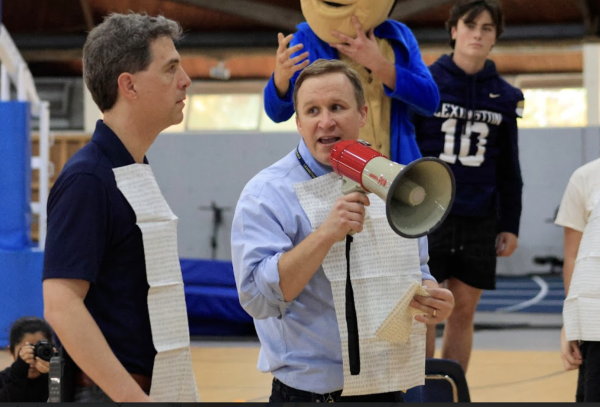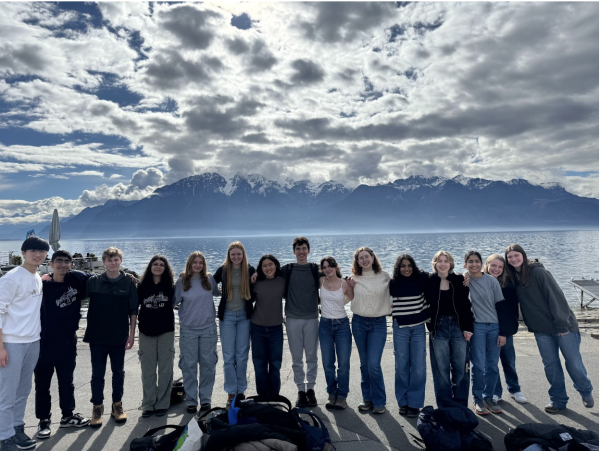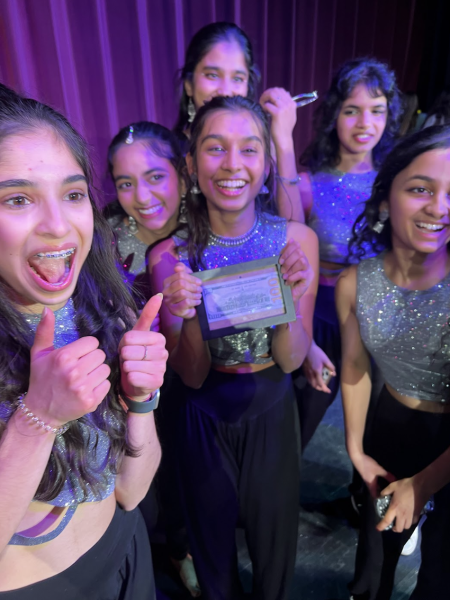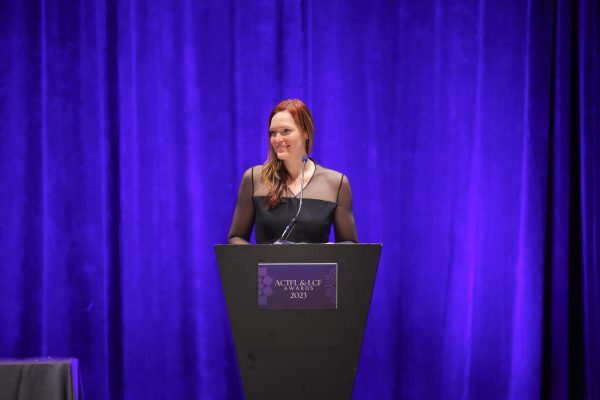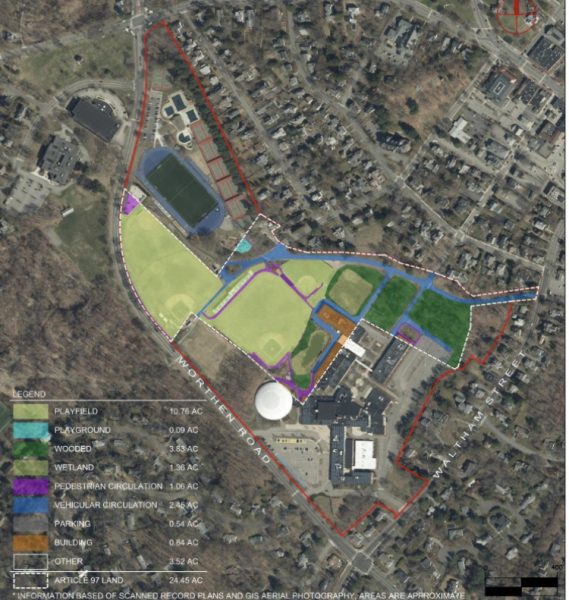LHS Response to the Omicron Variant
April 14, 2022
On Dec. 21, 2021, the Massachusetts Department of Public Health reinforced a mask mandate for several venues in response to the spread of new COVID-19 variants. Over the past few weeks, the surge of the highly-contagious Omicron variant has led state and local districts to tighten regulation protocols.
After winter break, Omicron cases surged as many residents reunited with their families and friends. Cases multiplied when schools started in early January, leading to an unusually high number of student and teacher absences. Schools that had anticipated absences extended the break for an extra day so students and teachers could acquire proper masks and get tested before returning to school.
However, with the recent shortage of testing kits, state officials cannot meet increasing testing demands. Thus, the state recommends getting tested only after displaying symptoms of the virus or five or more days after exposure to another individual who has contracted the disease.
To minimize the demand for PCR tests, Governor Baker also stressed positive results on rapid/at-home COVID-19 tests do not need to be confirmed with PCR tests. Instead, positive results should be followed by five days of quarantine. Students can return to school after the fifth day, but must wear masks indoors and outdoors for ten days.
With the shortage of testing kits, the demand for highly protective masks, such as N95s and KN95s have increased. These masks are particularly difficult to acquire, leaving many families to resort to counterfeits.
“Fake masks feel like a consequence of what the pandemic has become, where individuals and companies have realized how much they can profit off of families in need,” Anna Kozlova, a senior at Lexington High School, said.
Those who purchase “fake” masks may believe they are of good quality when in reality these masks have not been tested and provide minimal protection. For this reason, people are becoming more vigilant by ensuring that their masks are labeled as “medical-grade” and are effective at protecting against the virus.
“I have heard about fake masks, especially those pertaining to the KN95/N95. When my family buys masks now, we check where they come from, the reviews, whether or not it’s certified, etc.,” Alaia Garcia Mariscal, a junior, said.
Although these lower quality masks are not ideal, they do provide some level of protection.
“Preventing germs from spreading as widely as they do with no face covering is still important, and if people have to do that with a fake mask, whether it be because they can’t afford the real thing [or because] they can’t distinguish them… it’s better than nothing,” Kozlova said.
Despite new testing protocols, many students think the precautions taken at school could be implemented better.
“One of the biggest things that I and my peers that I’ve talked to think is that the lunch setup could be better. There is simply not enough space in the gym, field house, and commons to social distance. If there were more areas around the school with smaller spaces or outside with heaters, I think that would help not only with the spread, but with our worries,” Garcia-Mariscal said.

